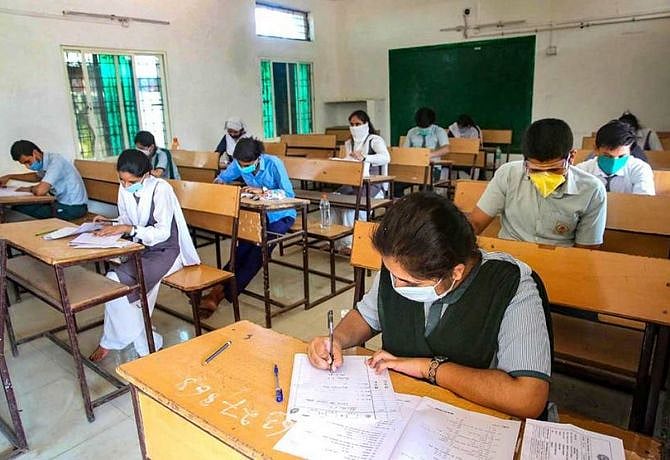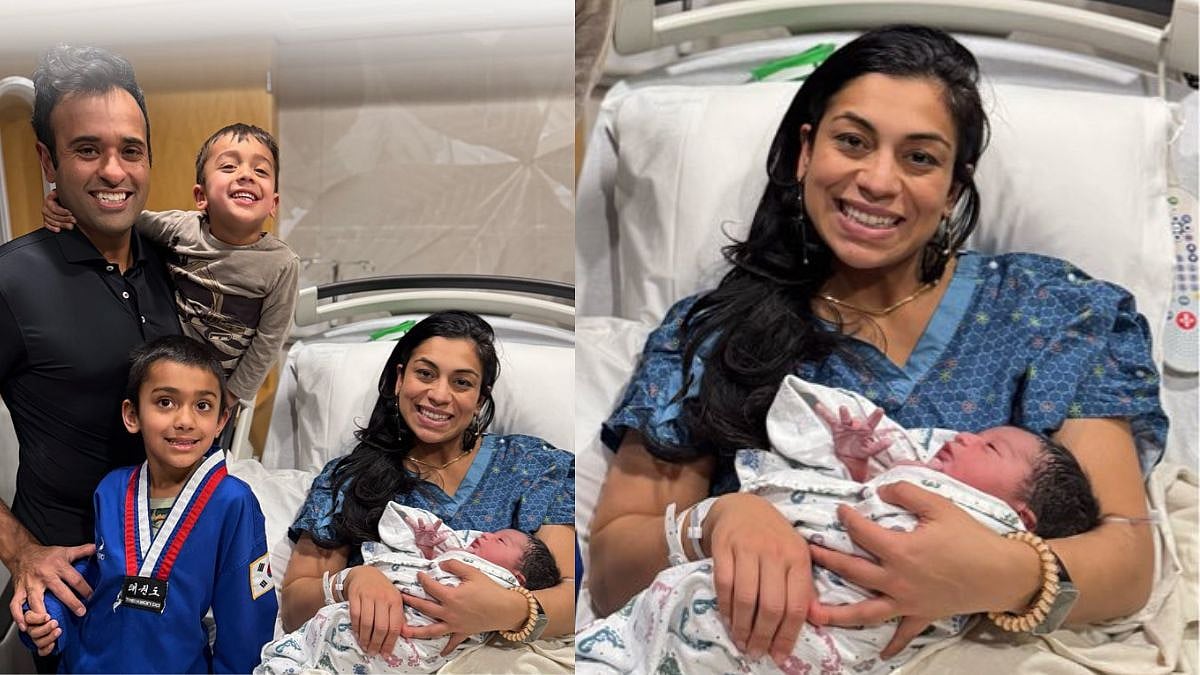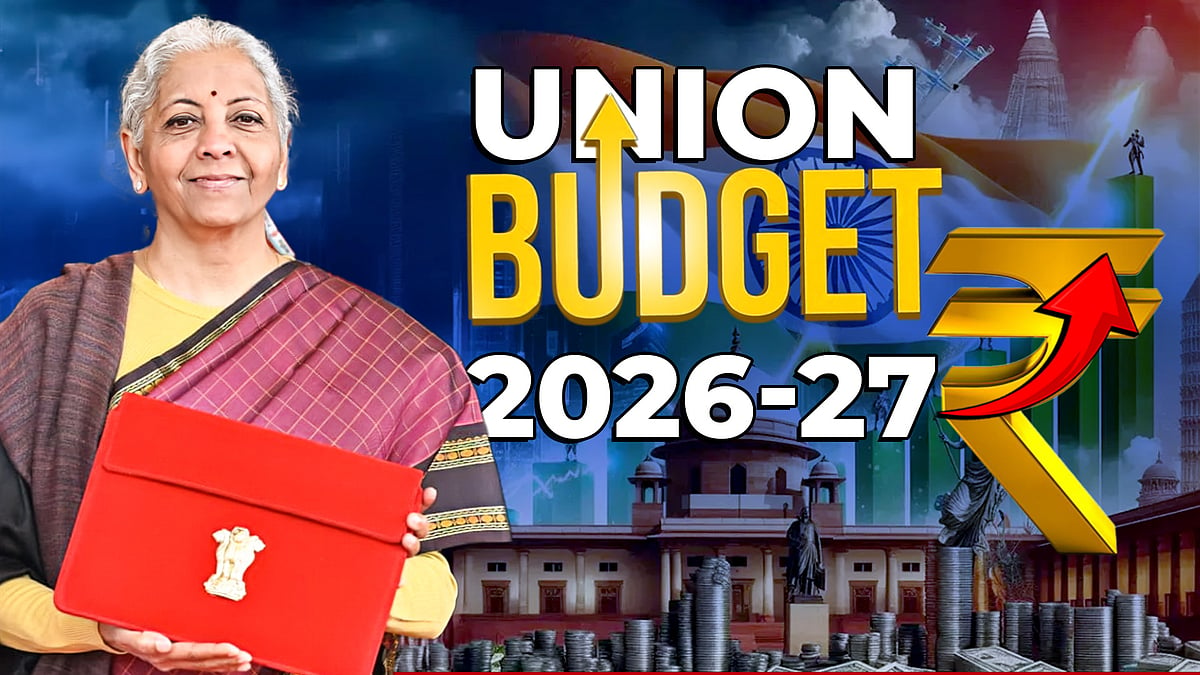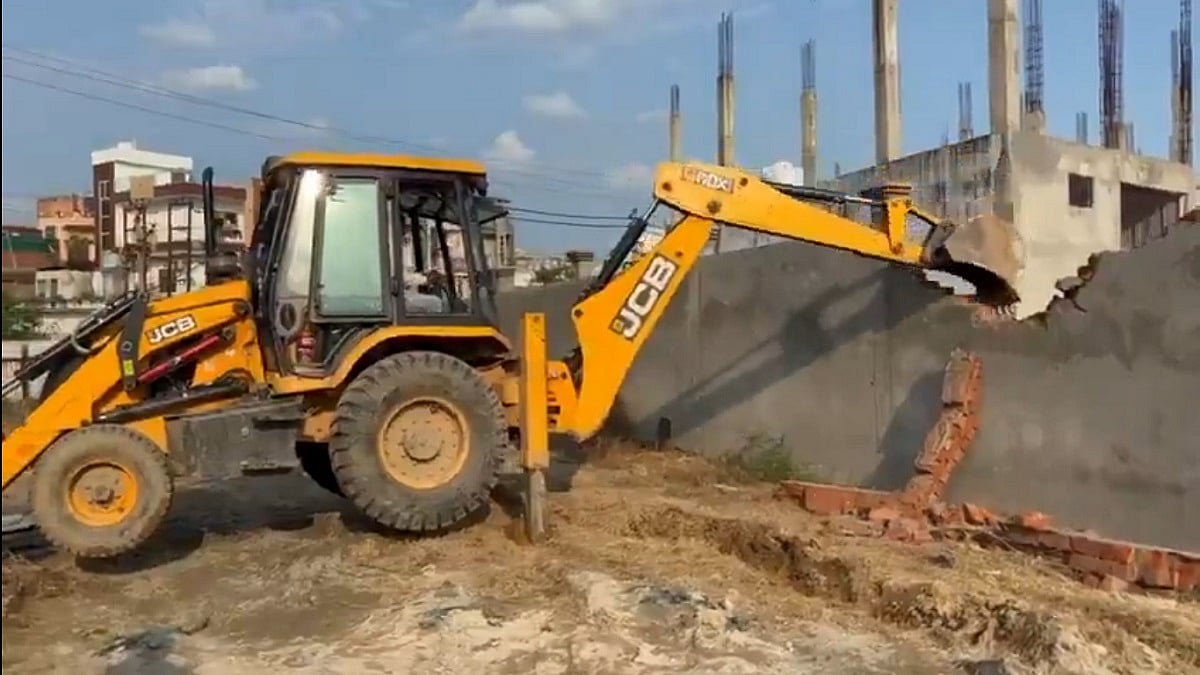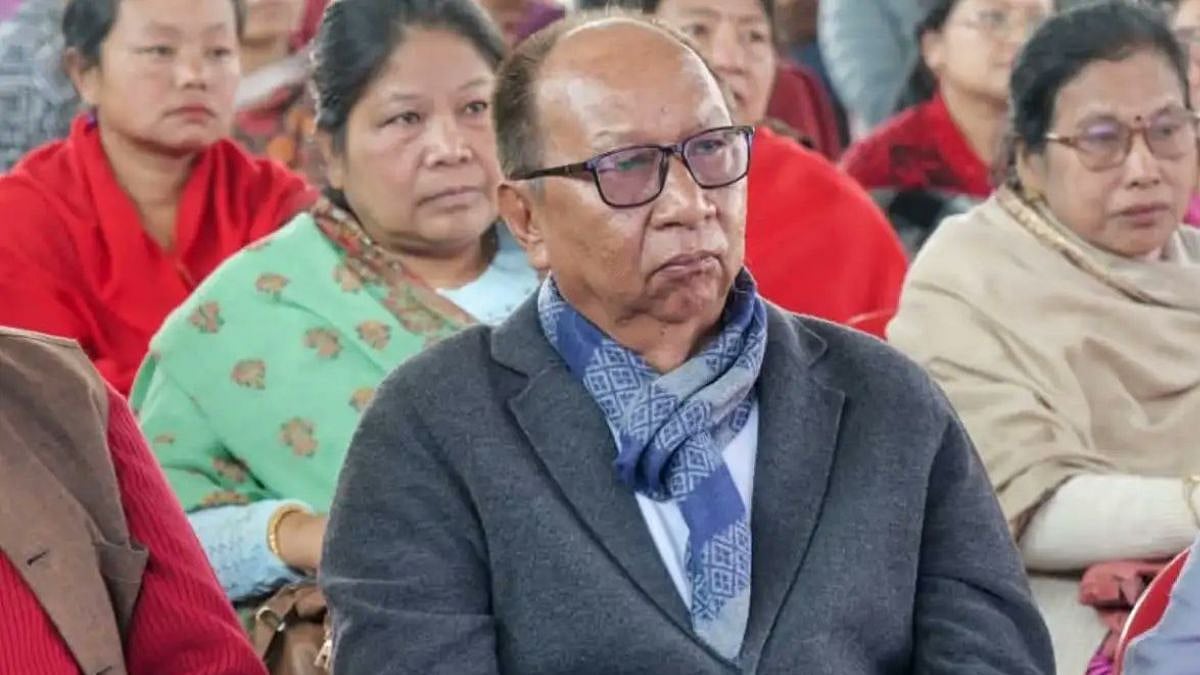Over the last two weeks, students across India have been protesting on social media against the government’s decision to hold National Eligibility and Entrance Test (NEET) and Joint Entrance Exam (JEE) Main exams in September. Apart from the fear and threat of the coronavirus pandemic, students coming from flood-hit states like Bihar, Gujarat and Assam, those from rain-hit districts in Kerala and those from Jammu and Kashmir where internet restrictions continue have appealed to the government to postpone the exam. Their major concern is that the pandemic poses enormous problems for the aspirants, who must not only battle a health risk but also an acute problem of transport, besides the anxiety and stress of cracking the highly competitive medical and engineering exams. Last week, a number of students also took to the comment section of the Prime Minister’s trending video – ‘Precious Moments: PM Modi feeding peacocks at his residence’ – to express their opposition to the Central government’s decision to conduct the NEET and JEE exams.
A significant section of politicians from opposition parties and academicians, and even international climate activist Greta Thunberg, have urged the central government to postpone the exams. Their contention, as also that of thousands of NEET and JEE hopefuls, is that it would be ‘deeply unfair’ to the students if they were made to write papers under mental pressure during the Covid-19 pandemic. It goes without saying that the timing of conducting the medical and engineering competitive exams that will decide the future of lakhs of youngsters is unfair to the students. It is true that earlier in August, the Supreme Court (SC) had dismissed a petition seeking the postponement of NEET and JEE exams in midst of the pandemic, saying that ‘precious’ academic year of students ‘cannot be wasted’. Subsequently, the Central government, through the National Testing Agency (NTA), announced that the exams for JEE would be held from September 1 to 6 and NEET on September 13.
Around 9.53 lakh students have registered for JEE-Main and 15.97 lakh students for NEET. While many students are keen on appearing for the two entrance exams, there is also an apparent sense of unease and anxiety amongst thousands of students from smaller cities, towns and rural areas, about appearing for the exams at a time when India is recording the largest number of Covid-19 infections. But the government seems to be following the SC order, which has held that there is no alternative but to go ahead with the exams. However, the health of students is equally important. Making them appear for exams, risking their lives, as well as their families', is inviting more health problems at a time when India’s inadequate health infrastructure is stretched to the limit, as the virus is surging and spreading to new areas across the country. There are 10 states with maximum Covid-19 caseload of more than 1 lakh cumulative infections each.
While the fast spread of the virus in states which were least affected earlier is a matter of concern, there is no relief from the pandemic for those states which have so far been the virus hotspots. The fact that India is recording over 75,000 to 77,000 new cases each day and over 1,000 deaths for the last few days indicates that there is little hope of respite in September. With total cumulative cases at over 3.5 million, active cases at over 7.5 lakh and over 62,000 fatalities so far, India is one of the worst-affected countries, recording the most new cases and fatalities per day. This raises the question: How safe is it to hold exams when the pandemic is showing no signs of letting up. It is true that both the exams have been postponed twice – the JEE was originally scheduled in April, then deferred to July; the NEET slated for May was also pushed to July. The earlier two postponements were because of the lockdown. But the pandemic situation was not as bad in April and May as it is now. The chorus of opposition for rescheduling the exams once again is not unjustified.
The virus introduces several challenges to the task of holding the exams, in the absence of a level playing field for all students from across income groups. Last week, chief ministers of seven opposition-ruled states threatened to move the SC to seek deferment of NEET-JEE exams and have filed a review petition asking the court to revisit its earlier judgment amid the ongoing pandemic. With the NTA firm on its decision to conduct the exams, protests against the NEET-JEE entrance tests are rising high. Students have pointed out that wearing masks for long hours to give exams is unsafe. They have also pointed out that the decision to hold exams is weighted heavily against the students coming from the underprivileged sections of society, as they don’t have access to private transport. In some states, like Bihar for instance, many districts don’t have exam centres. This will require students to travel long distances in order to undertake the tests.
All this points to one fact: students are being asked to choose between health and a promising future. It’s a dreadful dilemma that over 25 lakh JEE-NEET aspirants are facing. It is this dilemma that has divided the aspirants over one basic question: Should the exams be held in September amid the pandemic or not? There is no easy answer. But the fact is that the lockdown has not been lifted completely. India is still under partial lockdown and there are restrictions on travel and gatherings. Scientific consensus is that large gatherings should not be held and crowding should be avoided to reduce the risk of virus spread. This is not to suggest that there is no substance in the counter-argument that it is important to conduct exams now because the Covid curve continues to climb, at different rates in different states, and there is no evidence to suggest that the risk will reduce a few months down the line. But the point is: India is still far from the peak and it is worth waiting for the curve to decline, virus to weaken and risks to minimise.
In another related development last week, the SC upheld the University Grants Commission’s (UGC) July 6 circular stating that the final year examinations must be conducted by September 30. Ruling that states must hold examinations to promote students, the court also said that states could postpone exams under the Disaster Management Act (SDMA), in view of the Covid-19 pandemic, and they could consult the UGC to fix fresh dates. This implies that the SC admits that the pandemic is still a big risk and therefore exams can be postponed beyond September 30 under the SDMA. Shouldn’t the same logic apply to NEET and JEE? After all, the NEET-JEE aspirants are also asking for postponement, and not cancellation of exams.
(The author is an independent senior journalist)
